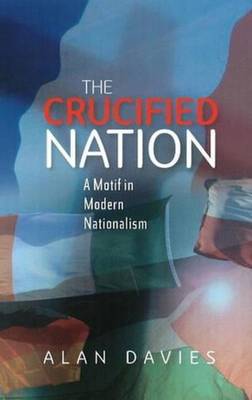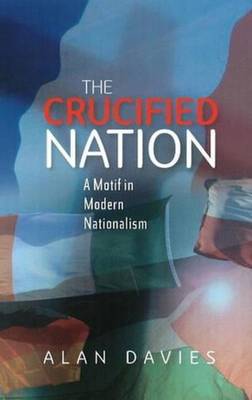
- Retrait gratuit dans votre magasin Club
- 7.000.000 titres dans notre catalogue
- Payer en toute sécurité
- Toujours un magasin près de chez vous
- Retrait gratuit dans votre magasin Club
- 7.000.0000 titres dans notre catalogue
- Payer en toute sécurité
- Toujours un magasin près de chez vous
34,95 €
+ 69 points
Description
This book examines the nexus between religion and politics, considered in one of its most controversial aspects. The starting point is the 2001 attack on the United States, which a Canadian commentator ingeniously described as the 'passion of America'. This designation suggested an interesting inquiry into other so-called national passions: the notion of the Christ-nation crucified by evil powers because of its higher virtue. . . . This motif is explored by analysing five modern nationalisms that have employed Christian symbolism in this manner: Poland, France, Germany, Ireland and Palestine. The author investigates the way in which fundamental Christian concepts are distorted and corrupted in the process, and points to the inherent dangers of this form of political self-glorification. Poets, philosophers, novelists and preachers have all played a major part in promoting the idea of the Christ-nation at certain times, mostly in the nineteenth century but also today. Famous examples are Adam Mickiewicz in Poland, Victor Hugo in France, the patriotic Lutherans during the First World War in Germany, Patrick Pearse in Ireland and certain Palestinian nationalist poets today. . . The clash of cultures, religions, nationalisms and civilisations in the world today is ever more strident. The passion narratives of the five nations are interwoven with historical circumstance in order to cast light on the endurance and power of the narratives, to arrive at a final critique and 'tract for the times'.
Spécifications
Parties prenantes
- Auteur(s) :
- Editeur:
Contenu
- Nombre de pages :
- 123
- Langue:
- Anglais
Caractéristiques
- EAN:
- 9781845194468
- Date de parution :
- 19-08-10
- Format:
- Livre broché
- Format numérique:
- Trade paperback (VS)
- Dimensions :
- 154 mm x 228 mm
- Poids :
- 213 g

Les avis
Nous publions uniquement les avis qui respectent les conditions requises. Consultez nos conditions pour les avis.






